Directed by Jesse Eisenberg, ‘A Real Pain’ follows the story of cousins David and Benji Kaplan. Born a few weeks apart, they were inseparable during their young years. However, adulthood diverted their ways and they have been estranged for a while now. The past few months have been pretty tough for them, especially after the passing of their beloved Grandma Dory. It is to honor her memory that they reunite and take a trip to Poland, especially to visit the place she once called home. They book a heritage tour with a group, where they meet a retired couple, a divorced woman, and a recent covert.
The conflicting personalities of David and Benji immediately come to light, as David is the more shy, introverted one, while Benji is this hippie, energetic, charming person who can make connections with anyone. As Benji interacts with other members of the group in a no-holds-barred manner, David feels himself receding in the background, admiring and resenting his cousin at the same time. However, both of them are carrying a profound measure of pain, which is brought out by the trip that takes them to a concentration camp. When the trip comes to an end, David and Benji are back at the airport where they ponder the next steps not just in their lives but their relationship. Their diverging paths, in the end, leave the viewers with a very important thing about the circle of life. SPOILERS AHEAD.
Why Doesn’t Benji go With David?
Often in movies, travel is used as a transformative act for a character, something that so profoundly changes them by the end that they are not the same person they were at the beginning of the film. In real life, however, things are quite often not so. Often, the trip is a break from a life that we leave for a couple of days and return to when the vacation is over. The same thing happens for David and Benji. The opening scene of the film shows Benji at the airport, observing the crazy people one tends to meet at such places. David, on the other hand, is seen leaving his house, stuck in traffic and worrying that he might be late for the flight, then getting out of the traffic and worrying that his cousin, who isn’t responding to his calls, might be late. The general hustle of his life is presented in this scene as a clear contrast against Benji’s, which seems to be stuck in one place.

In the end, a reversal of the first scene happens. Once he leaves the airport, David goes back to his family. He is back to his wife and son and the job that has him place ads on websites. The trip has given him a sense of closeness to his Jewish history and brought an understanding with his cousin; it hasn’t essentially changed anything at all. David is worried about Benji at the beginning of the trip, and by the time he leaves the airport, he is worried about him still, even if he is more hopeful than before. For Benji, however, there is nothing to go back to. When asked to go home with David and have dinner with his family, he refuses the offer, even though just the previous night, he had complained about how David had created a distance between them and never spent time with him anymore.
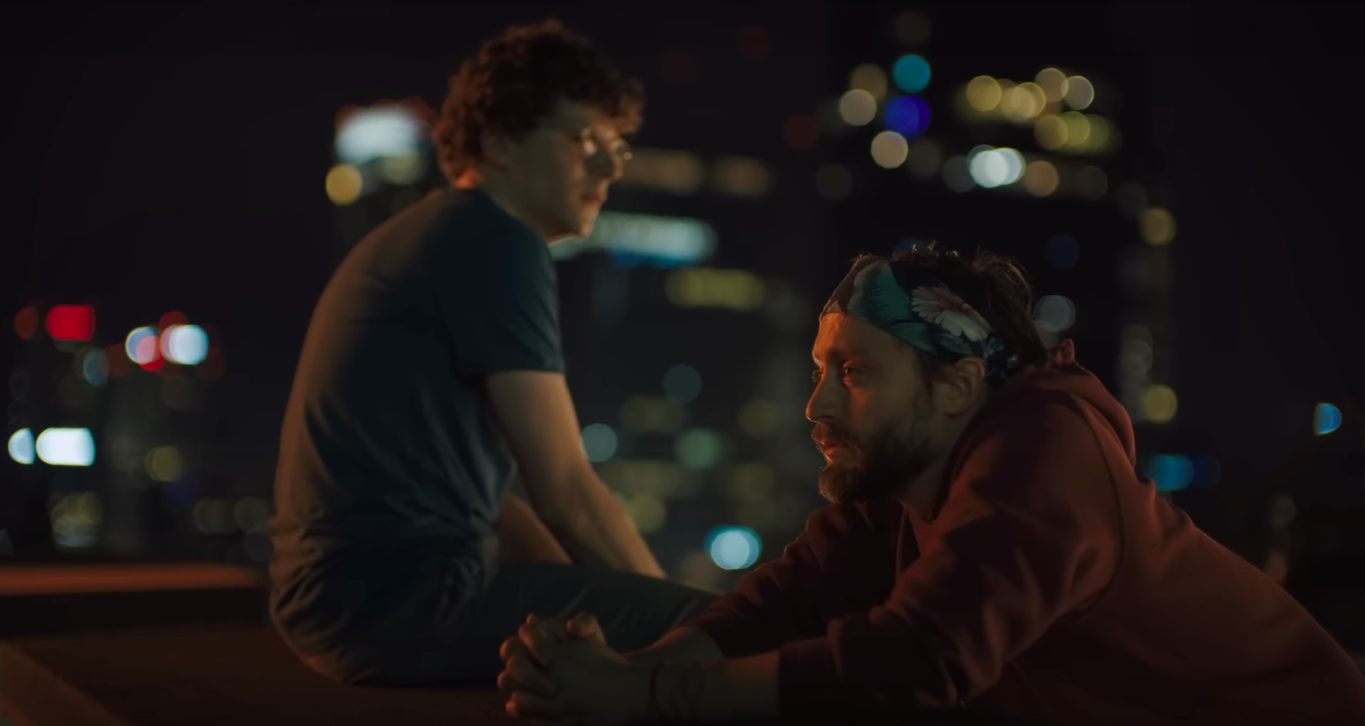
What we see happening with Benji is a very simple but also powerful statement, especially in terms of mental health. In movies, a trip is presented as this fun, eye-opening journey that completely changes the course of your life by showing you the solutions to your problems and resolving your issues once and for all. In truth, trips rarely, if ever, do that for someone with a mental health issue. While it is never specifically stated in the film, it seems that Benji may have bipolar disorder, which explains the unexpected highs and lows of his mood. The trip doesn’t ease anything about it. In fact, it unravels a lot of things by bringing him so close to the pain that Grandma Dory, his favorite person in the world, suffered. Once back in the States, he is alone all over again because his next favorite person, David, has to go back to his life now, leaving Benji alone, once again, to deal with his issues. Even the title card of the film signifies this go-around-come-around part. In the opening scene, it is on the left side of the screen. In the last scene, it is on the right, signifying the mirroring of the two scenes and the unchanged nature of Benji’s situation.
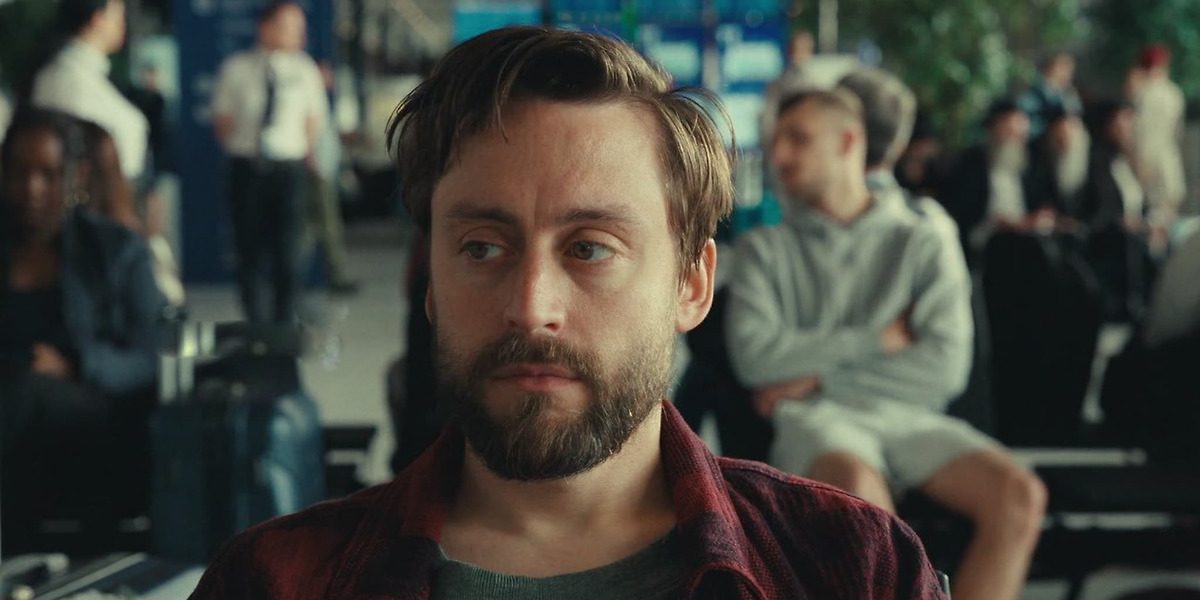
The only good thing that the trip probably does is reinstate the camaraderie that the cousins had felt growing up. They spent their entire childhood with each other, but once their paths diverged, they never met again. For David, it was impossible to imagine why a person like Benji, who is gifted with a charm and sincerity that allows him to connect with people much better than David can. The last image he has of Benji is lying unconscious on the couch in his mother’s basement, having overdosed on sleeping pills. The traumatizing image has endured in his mind such that when he sees Benji sleeping in the hotel room on the second day of their trip, he is stopped in his tracks for a moment because he worries that Benji may have done something untoward. It takes time for David to shake off this image of his cousin who he loves and hates equal parts. But at the end of the day, Benji’s fate isn’t exactly in David’s hands. He can only offer his hand in help, but it is on Benji to accept it, which, at the end of the film, he does not.
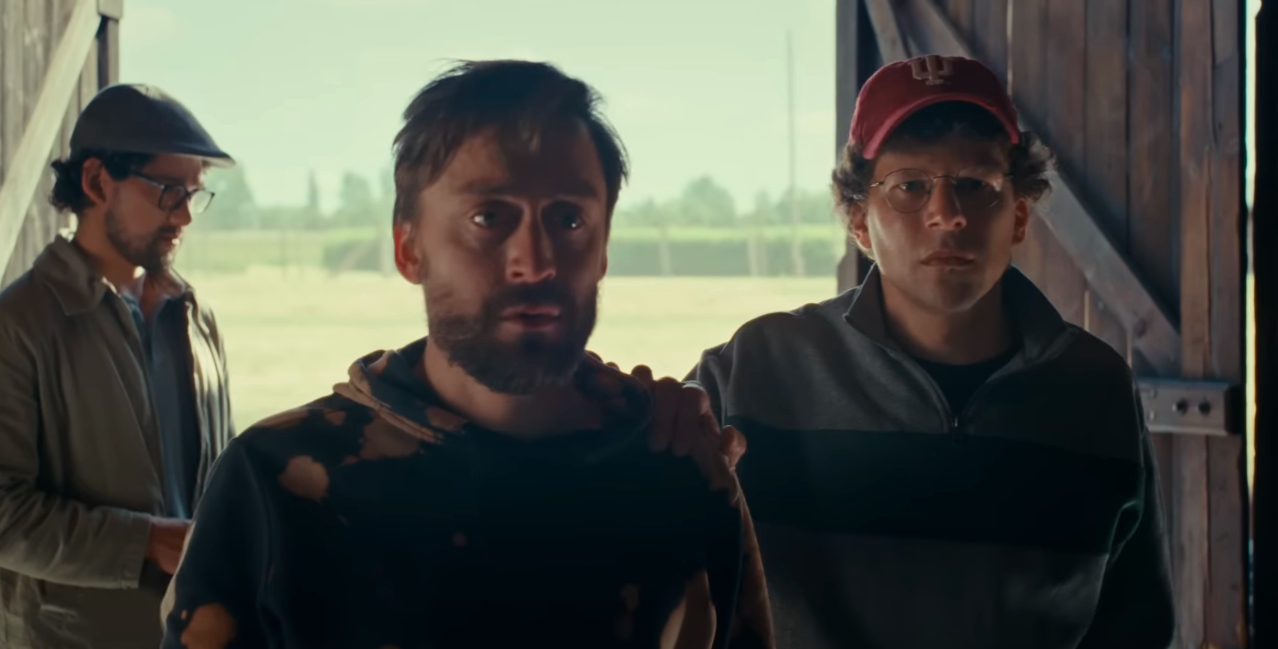
The final scene and its echoing of the opening scene is given more weight by the part about Benji’s attempted suicide. If we didn’t think much of him coming to the airport hours earlier and just sitting there watching people, the same thing at the end signals a dark fate for him. If things haven’t really changed, it means Benji might be going back on the path he took six months ago. While there is a hint of curiosity or even boredom in his gaze at the beginning of the film, the final scene has his eyes searching for any connection he can find with a stranger. The detachment his eyes had in the first scene is replaced by a sense of longing. Apart from highlighting his loneliness, the difference in emotions could also highlight the shift in his relationship with David, which brings a more hopeful note to the ending.
Why does David Slap Benji?
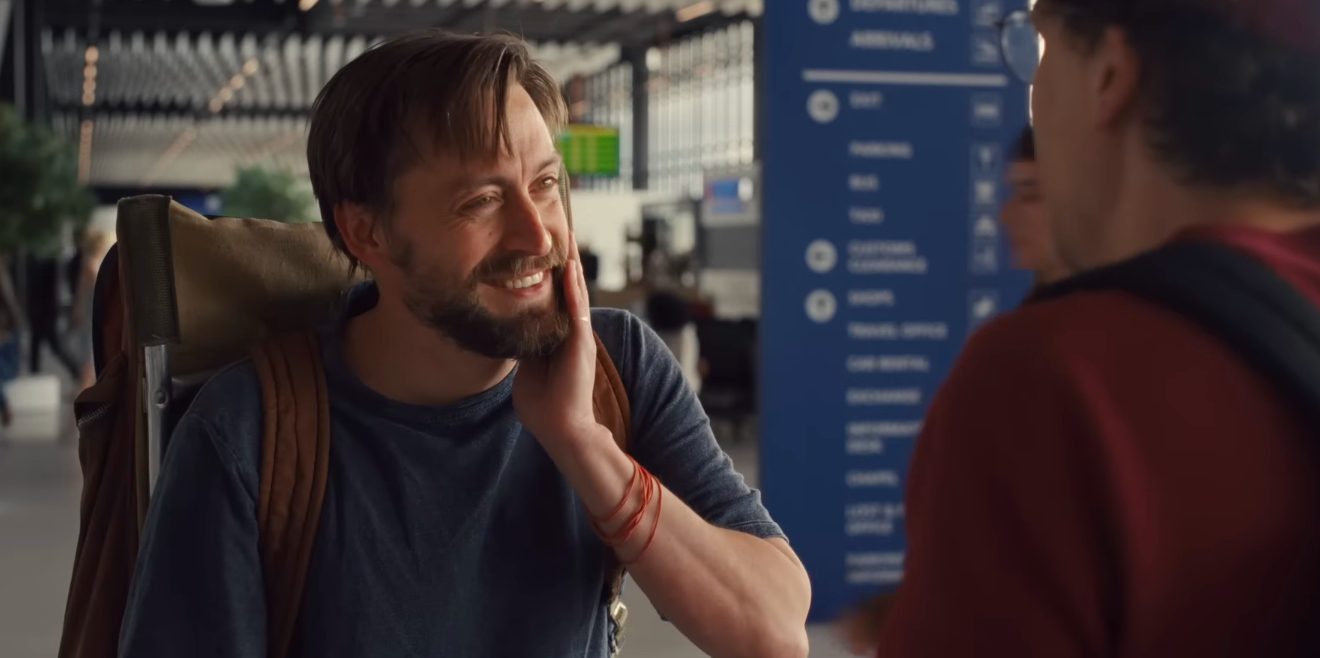
The events of the film take place six months after Benji’s suicide attempt, which put even more distance between him and David. With his grandmother gone and David not in his orbit anymore, Benji was convinced that he was alone in the world and that there was not one person who understood his pain. In the end, David shows him how much he cares by slapping him in the middle of the airport, just like their grandma slapped him at the restaurant all those years ago. To David, this violent act of love is the proof he thinks his cousin needs, and even though Benji dismisses it as a joke, he knows that his cousin is right.
To David, the slap from their grandmother meant a wake-up call, something that knocked sense in his cousin and helped him find some direction in his life. He sees that same 18-year-old in front of him at the moment, and while Benji assures him he is fine, David knows that he is lost. He tries to help by inviting Benji to his house because he worries that he has nowhere to go and, more importantly, because he worries that Benji will fall back into the darkness he barely made it out of the last time. To a person like him, who is full of energy and constantly hops from one thing to another, it is something as shocking and jolting as a slap that gets attention.
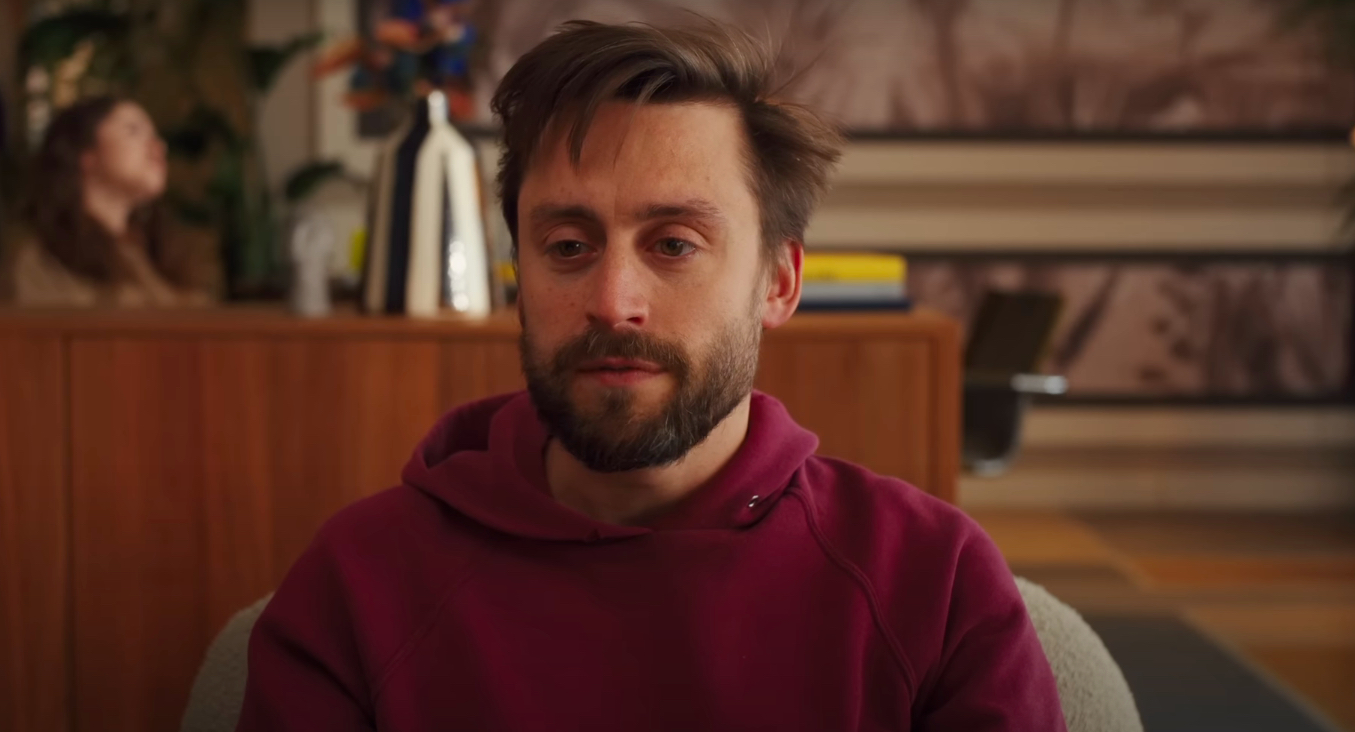
His grandma knew it, and once David hears the story, he tries to replicate it, even though he is not the kind of person who likes to express any emotion, let alone have a confrontation in public, which is what adds another layer to the act. The slap is shocking to Benji because not only did he think David didn’t care about him anymore, but he also never imagined his cousin to do something like this, let alone in public. The emotion that swims in his eyes in the end is perhaps the tinge of the love that David made him feel and a sense of hope, even if fleeting, that he is perhaps not entirely alone in the world. It almost makes one hopeful that he will take up David on his offer, after all, and go to his house and have dinner with him and his family. That would be a happy image to leave the audience with. But instead of giving us this clear end, the film leaves us to ponder the uncertainty of Benji’s fate.
Why does David Place the Stone at His Door?
The primary purpose of David and Benji’s trip was to visit the place their grandma grew up in and called home before she was forced out of there. When they find the house and stand outside its door, they are a bit underwhelmed, not entirely because of how unordinary the place looks, but also because they don’t feel what they had expected to. To add some meaning to the moment, they decide to place a rock outside the door to commemorate the last place their family ever lived in when they were in Poland. It is a gesture to show that their roots, where they come from, and their family’s history have not been overlooked, and their grandma’s past has not been forgotten. Their gesture doesn’t stand for long because neighbors reveal that an old woman lives in the house now, and the rocks right outside of her door, no matter how well-intentioned, could make her trip and hurt her. So, David and Benji take the rocks back.
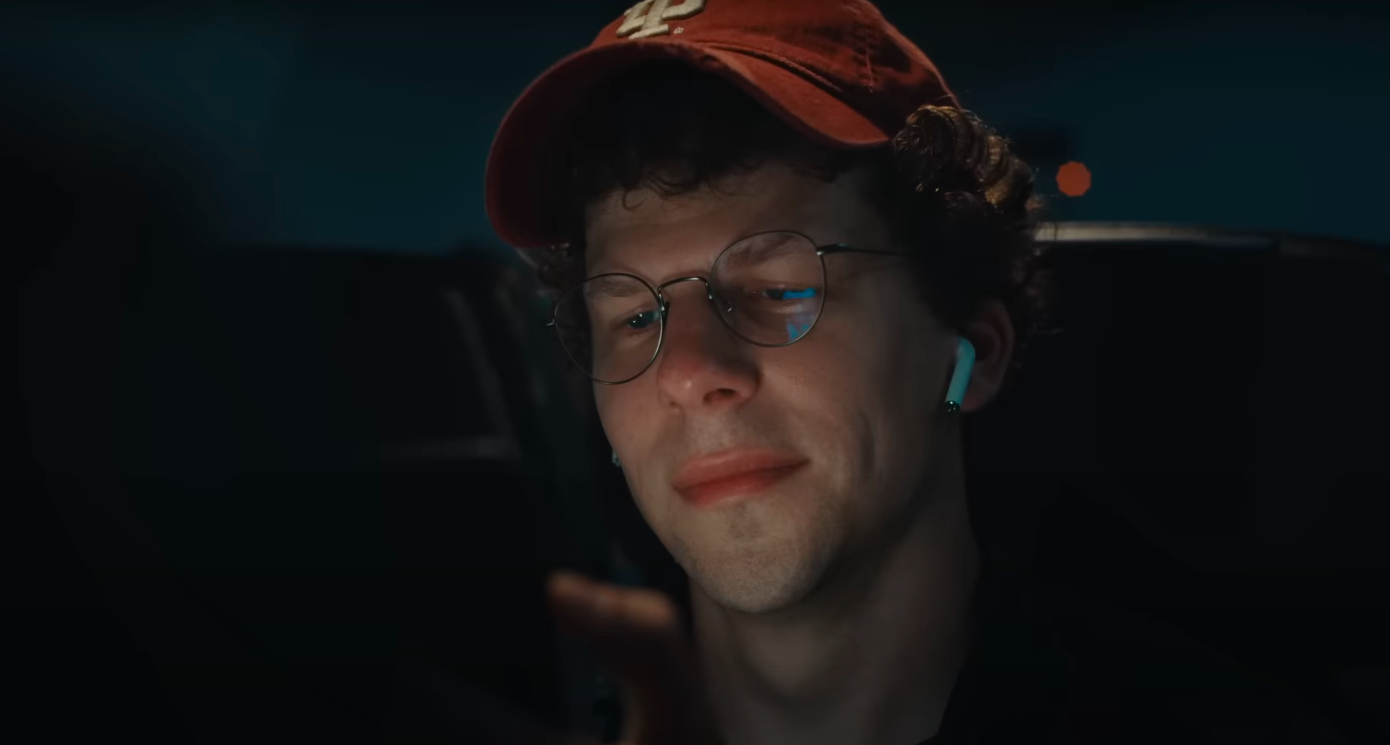
When David gets back, before he enters his home, he takes out the same rock he’d placed outside his grandma’s house in Poland. He carried it with him, and in a way, brought a piece of his grandmother’s childhood home with him. To him, the rock represents the connection he has forged with his grandmother even after her death. So, placing that rock outside his door is him making her a part of his life even when she is not around anymore. It is his way of showing that she has not been forgotten, and that he carries her with him, in his heart. In some ways, the rock also signified David’s bond with Benji, which might have been neglected for a while, but was never forgotten. While the stone was for Grandma Dory, he shared the act with his beloved cousin. Placing the same rock on his doorstep is an expression of his hope that the relationship between him and Benji will go back to what it used to be in good old days, and that his cousin will be alright.
Read More: Is A Real Pain Based on a True Story?

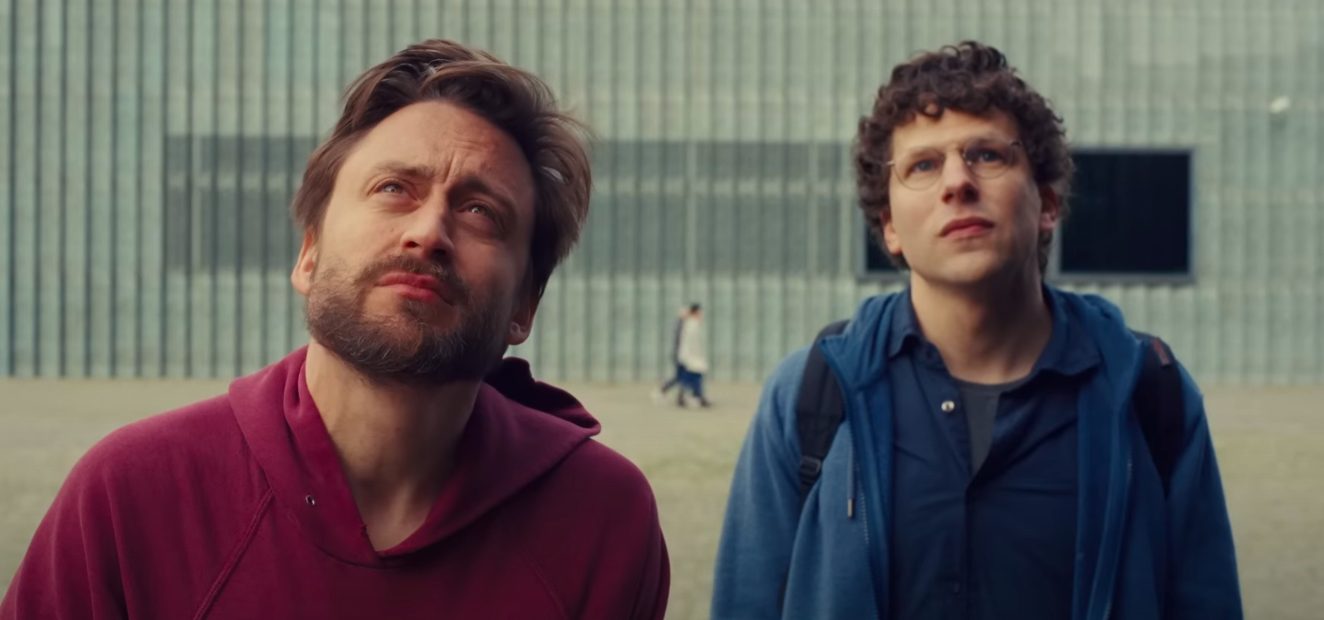
You must be logged in to post a comment.